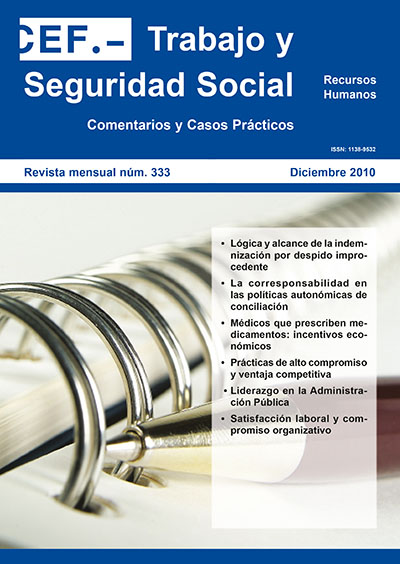Financial inducements (gifts, pecuniary advantages or benefits in kind) to doctors from public health authorities and social security systems, in order to prescribe either specific named medicinal products and generic medicinal products
Comment son the ECJ ruling of 22 April 2010, case C-62/09, The Queen, at the motion of the Association of the British Pharmaceutical Industry, and the Medicines and Healthcare Products Regulatory Agency; taking part the NHS Confederation (Employers) Company Ltd.
DOI:
https://doi.org/10.51302/rtss.2010.5225Keywords:
health care, pharmacist, specific named medicinal products, generic medicinal products, doctors, objectivity, patient, prescription of medicinal products, promotion, advertisement, recommendations, therapeutic treatmentAbstract
The financial inducements from national health authorities to doctors in order to encourage them to prescribe either specific named medicinal products or generic medicinal products «cannot compromise the objectivity with which a doctor must act when issuing a prescription for a given patient». Meaning that «a prescribing doctor is required, from the point of view of professional conduct, not to prescribe a given medicinal product if it is not fitting for the therapeutic treatment of his patient, despite the existence of public financial inducements for its prescription». The public health authorities (or delegated professional organisations) are not authorised to provide doctors with «recommendations relating to the prescription of medicinal products», which are able to prejudice the objectivity of doctors for the purpose of prescription.


















